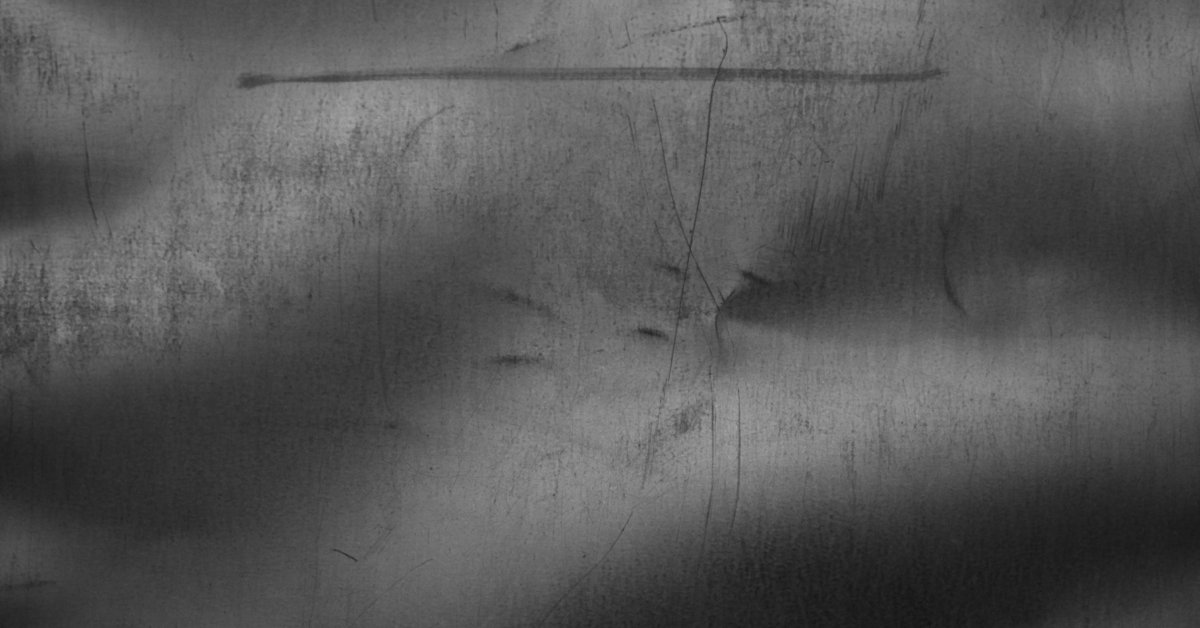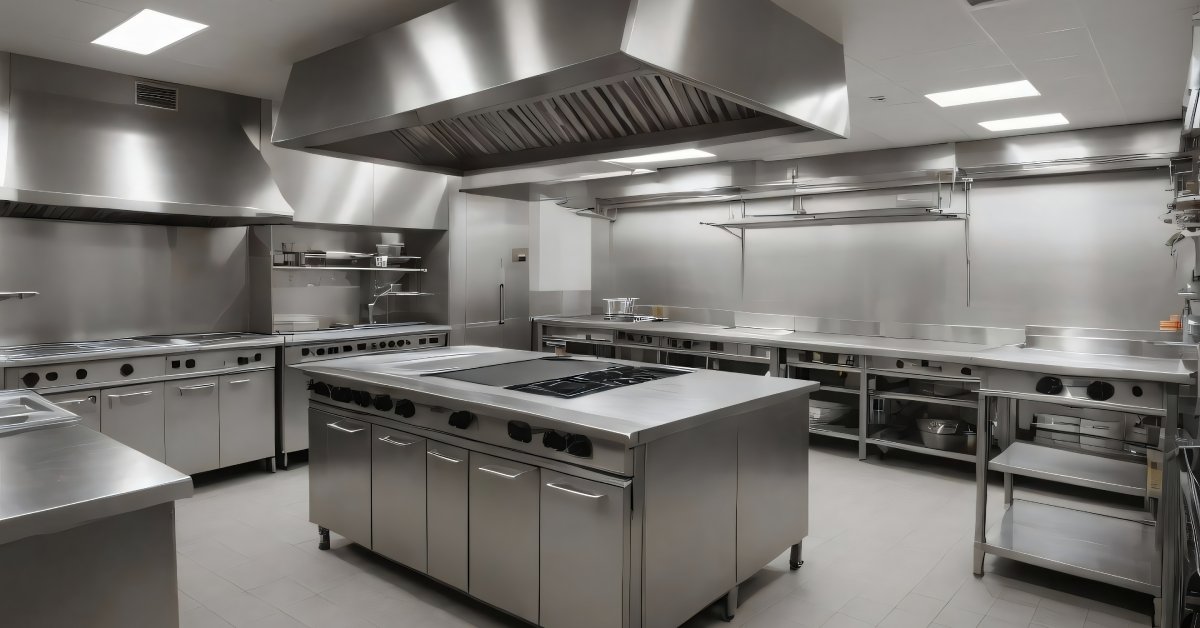Preventing Sheet Metal Surface Damage During Fabrication
Comments Off on Preventing Sheet Metal Surface Damage During Fabrication
When selecting a sheet metal fabricator for your project, surface integrity should be a top priority. Surface damage not only affects the aesthetic appeal of your finished product but can also compromise its functionality and longevity. You need to partner with a fabricator who understands that preventing surface damage of sheet metal requires systematic approaches throughout the entire fabrication process. Here are some things you should know about this on your end.
Material Handling Excellence
Your chosen fabricator should demonstrate meticulous material handling practices from the moment raw materials arrive at their facility. Look for shops that use protective coverings such as plastic films or foam padding during transport and storage. Skilled fabricators train their workforce on proper lifting and stacking techniques, ensuring that sheets never come into direct contact with rough surfaces or sharp edges.
The best fabricators implement clear labeling and organization systems that minimize unnecessary material movement. This systematic approach reduces the chances of accidental scratches, dents, or other surface imperfections that can occur when materials are repeatedly handled or repositioned.
Advanced Tooling and Equipment Standards
Professional sheet metal fabricators invest in non-abrasive tools and machinery specifically designed for metalworking applications. You should inquire about their equipment maintenance schedules, as poorly maintained tools can leave marks, scratches, or other surface defects on your materials.
Quality fabricators use soft jaws or protective pads on their clamps and vises to prevent direct metal-to-metal contact. They understand that even minor tool marks can become significant issues in applications where surface finish is critical.
Comprehensive Protective Measures
During the fabrication process, experienced shops apply temporary protective films or coatings to sheet metal surfaces before beginning any cutting, forming, or welding operations. These protective measures act as barriers against sparks, debris, and accidental contact damage.
You should also look for fabricators who maintain clean, debris-free work surfaces and implement protocols to minimize direct hand contact with finished surfaces. Oil and dirt transfer from bare hands can create lasting blemishes that require additional finishing work.
Rigorous Quality Control Systems
The most reliable fabricators conduct regular inspections at every stage of their process. Their quality control personnel are trained to identify early signs of surface damage and address issues before they become costly problems.
Advanced shops may use sophisticated inspection tools like surface scanners to ensure precision and consistency across all fabricated components. When evaluating potential fabricators, ask about their quality control procedures and inspection protocols to ensure they align with your project requirements.
Who To Choose for Your Metal Fabrication
If you want to work with a company that prioritizes all these practices for preventing sheet metal surface damage during their fabrication process, then you need to come to Thin Metal Sales. We make it our goal to ensure your metal sheets come out just the way you expect. Plus, since we specialize in thin sheet metal, you can rest easy knowing that we know how to treat metal, no matter the size or thickness.
Stainless Steel Sheets and Uses for the Foodservice Industry
Comments Off on Stainless Steel Sheets and Uses for the Foodservice Industry
Stainless steel sheets serve as the backbone of many commercial kitchen operations, providing the durability, hygiene, and performance standards that foodservice establishments demand. From bustling restaurant kitchens to large-scale cafeterias, these versatile sheets deliver unmatched reliability across a wide range of applications. Understanding the diverse uses of stainless steel sheets in the foodservice industry now will help you make informed decisions about equipment investments and facility upgrades in the future.
Kitchen Work Surfaces
Your food preparation areas require surfaces that can withstand constant use while maintaining strict sanitation standards. Stainless steel sheets form the foundation of prep tables and countertops throughout many commercial kitchens.
The material’s non-porous surface prevents bacterial growth and eliminates absorption of odors, grease, or stains. Plus, the seamless construction of stainless steel sheets also eliminates crevices where contaminants might accumulate. These characteristics make cleaning effortless—a simple wipe-down with sanitizer restores the surface to pristine condition.
Cooking Equipment
High-temperature cooking environments demand materials that won’t warp, discolor, or degrade under extreme heat. Stainless steel sheets excel in these conditions, forming integral components of ovens, grills, fryers, and stovetops.
The material’s thermal stability ensures consistent performance even when exposed to temperatures exceeding 1,000°F. That’s why you’ll find these sheets lining cooking chambers, forming heat shields, and creating durable work surfaces across a wide variety of cooking stations.
Storage Solutions
Effective storage systems require materials that resist moisture, maintain structural integrity, and support heavy loads. Because of this, stainless steel sheets are common in many shelving units, cabinet interiors, and refrigeration components.
The material’s corrosion resistance prevents rust formation in humid environments, while its strength supports substantial weight without bending or sagging. These properties make stainless steel sheets ideal for walk-in coolers, dry storage areas, and equipment cabinets.
Sinks and Dishwashing Stations
Another use for stainless steel sheets in the foodservice industry is in commercial dishwashing operations. That’s because these areas are subject to continuous water exposure, harsh detergents, and potential temperature fluctuations.
Stainless steel sheets form the basins, drainboards, and surrounding surfaces of many dishwashing stations because they resist corrosion from these challenging conditions. The material maintains its appearance and functionality despite constant moisture exposure, ensuring your investment delivers long-term value.
Wall Cladding and Backsplashes
Kitchen walls face regular assault from splashes, heat, and cleaning chemicals. Thin stainless steel sheets provide protective cladding that shields underlying structures while simplifying maintenance. These installations resist staining, eliminate the need for paint touch-ups, and create seamless surfaces that meet health department requirements. The material’s reflective properties also improve lighting efficiency in work areas.
Serving and Display Stations
Front-of-house applications require materials that combine functionality with aesthetic appeal. That’s why many buffet tables, food warmers, and display cases that maintain food safety while presenting an attractive, professional appearance use stainless steel sheets. The material’s clean lines and polished finish complement modern restaurant designs while providing the durability needed for high-traffic service areas.

